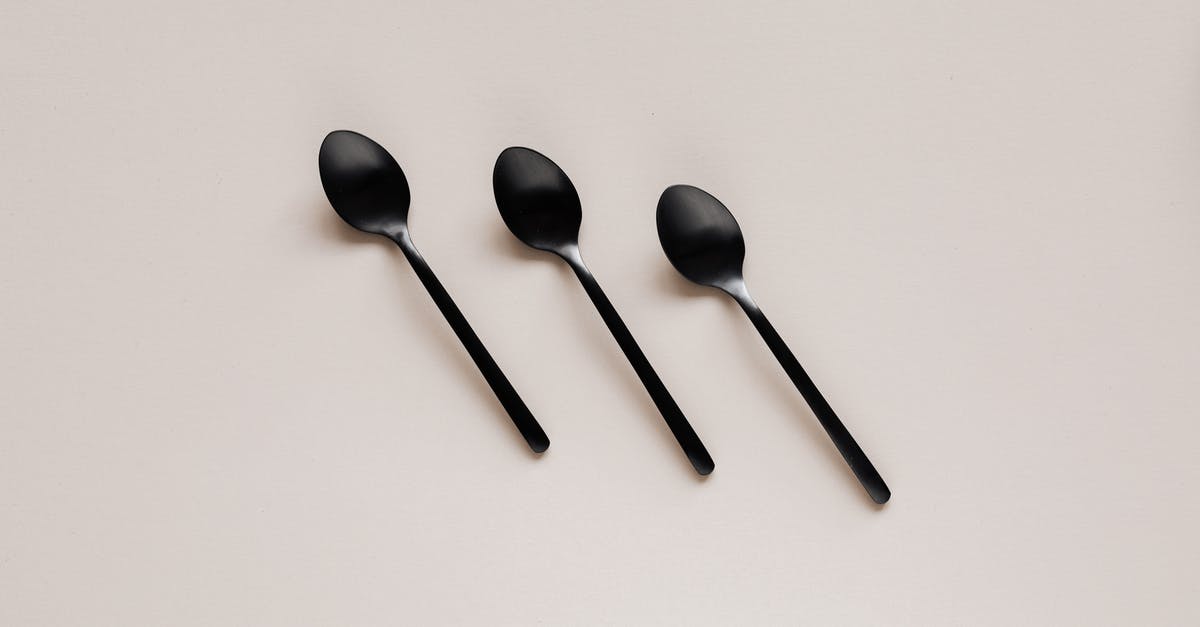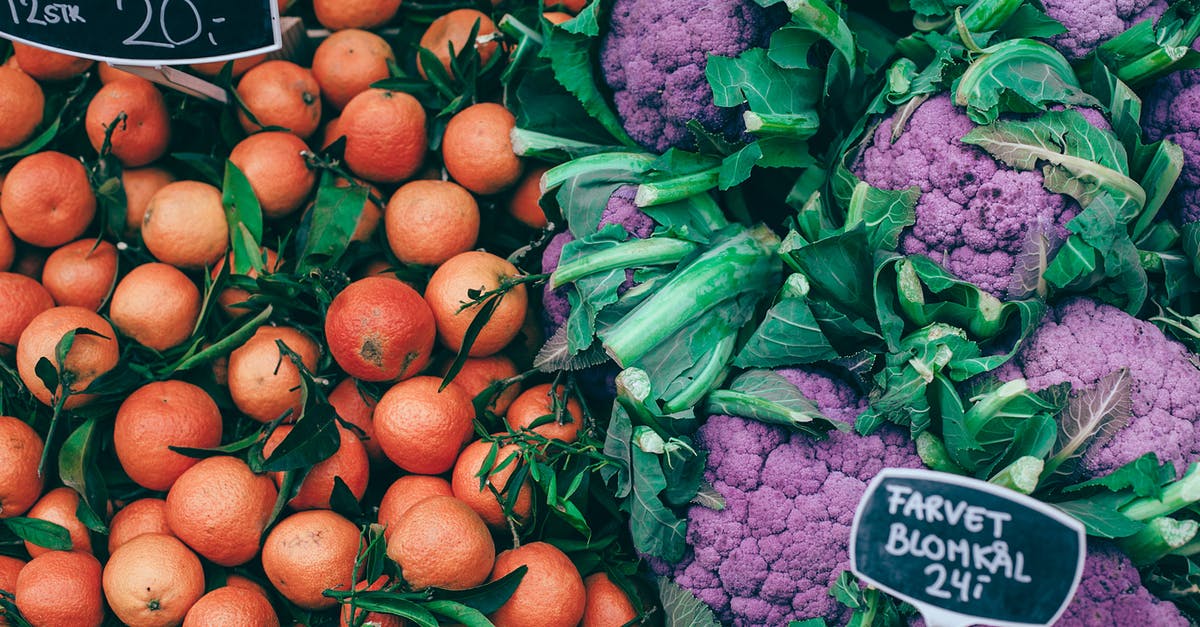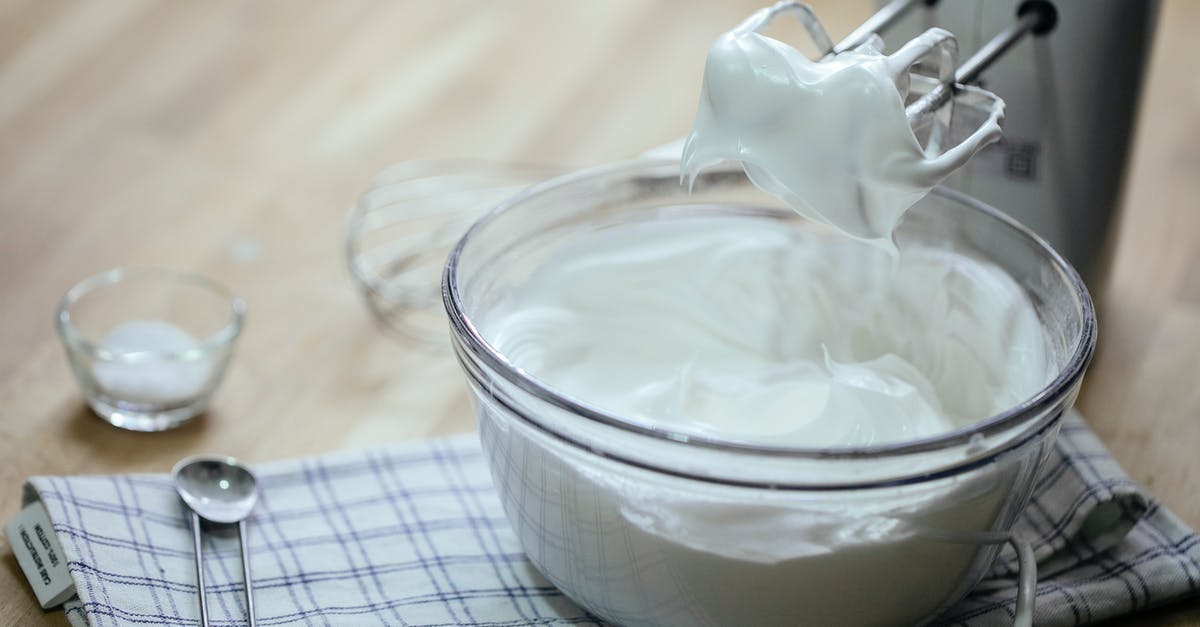Food grade lye on counter tops

Long ago, I bought some food grade lye to make pretzels. Then I became afraid to use it cause I didn't think about the potential damage it could cause to my sink and some baking materials. Specifically, baking sheets and my kitchen counter top.
This answer solved the problem with my baking sheet and stainless sink but my biggest fear still remains with spilling lye on my quartz counter top, fake wood cabinets or ceramic tile flooring.
Does anyone know if I need to worry?
Best Answer
The biggest problem with lye lies (pun intended) in the fact that it is a strong base (lye is a metal hydroxide, usually sodium and/or potassium hydroxides) and will attack some metal surfaces such as aluminium strongly. Generally most other compounds are non-reactive unless they can form some sort of acid-base reaction.
Quartz countertops are engineered stone - that is finely ground stone powder/chips held together with resins, usually polyester or epoxy resins. Polyesters are readily attacked by alkali, while epoxy resins are more resistant (see entries for potassium and sodium hydroxides) so, in absence of knowing which resin has been used to make your countertop, I wouldn't allow lye to sit on your quartz for an extended period. Indeed use of such chemicals is not recommended for quartz countertops at all - partly because it can permeate into the pores in the stone surface and contaminate food later.
Lye will dissolve lignin (the main component of wood) to some extent, but I think this is fairly limited. However, as with the countertops, fake woods are held together, with - you guessed it - resins (different type). In the case of MDF and particle board, these are held together with urea-formaldehyde resins, which seem to be quite resistant to hydroxides (Warning: PDF). You will find that the biggest problem with these sorts of woods is water getting into them and causing the wood component to swell and mechanically break apart the material. However, this problem isn't specific to lyes.
Ceramic tiles should be completely resistant, but the grout between them probably isn't completely resistant as that is usually made up of cement with some epoxy resin as binder. Hydroxides will attack the grout slowly (as noted above for epoxy), but so long as you can clean the lye off fairly quickly, it should be fine.
Pictures about "Food grade lye on counter tops"



Sodium Hydroxide? More Than A Little White Lye. WTF - Ep. 142
More answers regarding food grade lye on counter tops
Answer 2
lye is corrosive, so depending of the concentration of your food grade lye it may react with the materials you mentioned. the longer it stays on the surface the more likely you could get a stain.
Most problematic would be the fake wood (depending of the make of its surface/surface sealing), while quartz stone and specially ceramic tiles due to its glassed surface are resistant.
I/we (my household) even use lye to clean those surfaces, so you shouldn't worry as long as you don't leave a substantial amount of lye in one spot for a long time.
Sources: Stack Exchange - This article follows the attribution requirements of Stack Exchange and is licensed under CC BY-SA 3.0.
Images: Karolina Grabowska, Maria Orlova, Polina Tankilevitch, Katerina Holmes
